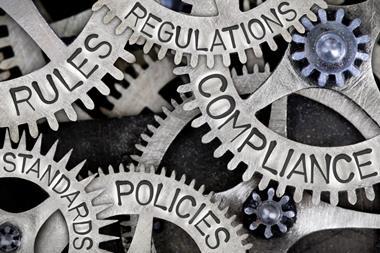Companies should start standing up for themselves more
In a month where most of the headlines have been about risk, a trivial story may provide a straw in the wind. At the end of August, the BBC carried the tale of a Lloyds TSB customer who found that his business banking password had been changed from ‘Lloyds is pants’ to ‘No it’s not’. He attempted to change it back, but was told he could not. Nor was he allowed ‘Barclays is better’ nor even ‘censorship’.
Amusing enough – but it is the bank’s response to the breaking story that is interesting. Their statement followed all the rules for media crisis management: explanation, apology, outline of action taken. ‘We would like to apologise to Mr Jetley... ...Customers can have any password they choose and it is not our policy to allow staff to change the password without the customer’s permission. The member of staff involved no longer works for Lloyds TSB.’
How cringeworthy is that? When the story hit the internet, many comments asked why Lloyds was being so craven, and expressed sympathy for the sacked employee, who was showing admirable loyalty to his employer. There’s a link here to those over-indebted borrowers who say that it was the banks’ fault for letting them borrow more than they could afford. In today’s blame culture, it may be that organisations who are conditioned to taking the rap from customers should start standing up for themselves a bit more.



















